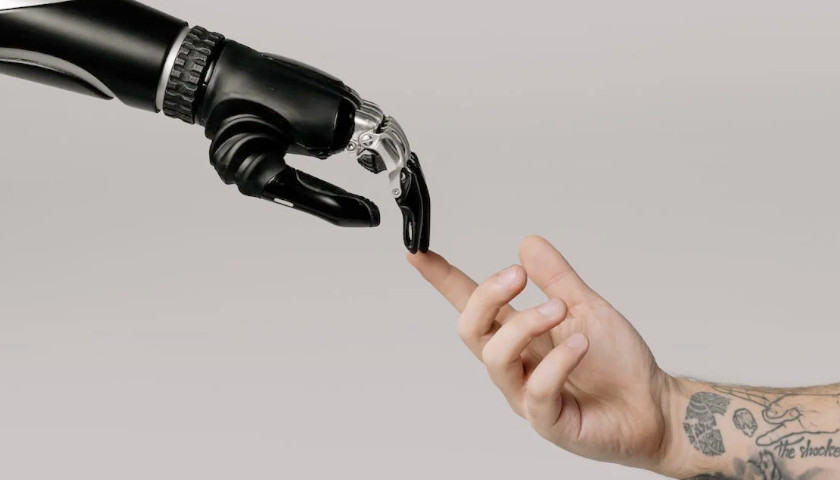by C.G. Jones
While AI-based technology has recently been used to summon deepfakes and create a disturbing outline for running a death camp, the ever-pervasive digital juggernaut has also been used to write books under the byline of well-known authors.
The Guardian recently reported five books appeared for sale on Amazon that were apparently written by author Jane Friedman. Only, they weren’t written by Friedman at all: They were written by AI. When Friedman submitted a claim to Amazon, Amazon said they would not remove the books because she had not trademarked her name.
Though the books were eventually taken down, Friedman said the books were “if not wholly generated by AI, then at least mostly generated by AI.” She went on to say, “It feels like a violation, because it’s really low quality material with my name on it.” She explained: “It looks terrible. It makes me look like I’m trying to take advantage of people with really crappy books.”
The books’ low quality is just one of many issues involving this emerging phenomenon. It suggests anyone who knows how to man AI technology could publish virtually anything under anyone’s name, and there would be nothing the author could do about it until the damage was already done. It is easy to imagine how this technology could be used to destroy someone’s reputation.
The trouble continues. The creative and intellectual property of creatives is suddenly put in jeopardy by so-called digital progress, and it presents a new era of fake news and overt misinformation. In a world where it is already difficult to parse truth from falsehood, this technology could make it near impossible to decipher what is really happening in the world.
There is also the concern over identity theft, which appears to have happened to Friedman. If Amazon and other major platforms refuse to implement a system that can effectively identify an author, then what would prevent someone from using AI to publish material under a well-known name?
“Unless Amazon puts some sort of policy in place to prevent anyone from just uploading whatever book they want and applying whatever name they want, this will continue, it’s not going to end with me,” Friedman said. “They have no procedure for reporting this sort of activity where someone’s trying to profit off someone’s name.”
This situation also presents a serious issue for those of us who read. Friedman mentioned the books published under her name were poorly written. One reason AI writes poorly written books is because it wholly lacks the unique watermark of human thought and emotion. While we consume art for a multitude of reasons, I believe what we are really after is another individual’s idiosyncratic perspective and expression.
If we allow AI to commandeer the arts, whether in literature, music, or film, it could mean the erasure of authentic human expression. And if there is any real purpose to art, it is to sincerely communicate what is most profound about the human condition. These are expressions utterly inaccessible to AI, without recycling pre-existing material created by humans.
AI is profoundly incapable of producing Mozart’s “Jupiter Symphony,” Christopher Nolan’s Oppenheimer, or Shakespeare’s Hamlet. The reason why these works of art are so successful is, in part, because humans—with all their genius, flaws, and idiosyncrasies—made them. A hunk of technology—no matter how intelligent—simply lacks the twinkle of humanity necessary for a meaningful piece of art.
Though AI probably isn’t going anywhere, I still hold out hope that we will recognize its limitations to elevate and connect us through art. In our lonely modern era, what we need is more human connection, not less.
– – –
C.G. Jones is an author and journalist. He is the weekend editor for The Blaze. A humble student of Albert Camus’ work, he reluctantly resides in the Tory Anarchist camp held by H.L. Mencken and George Orwell. Follow him on Twitter @CGJones15.








